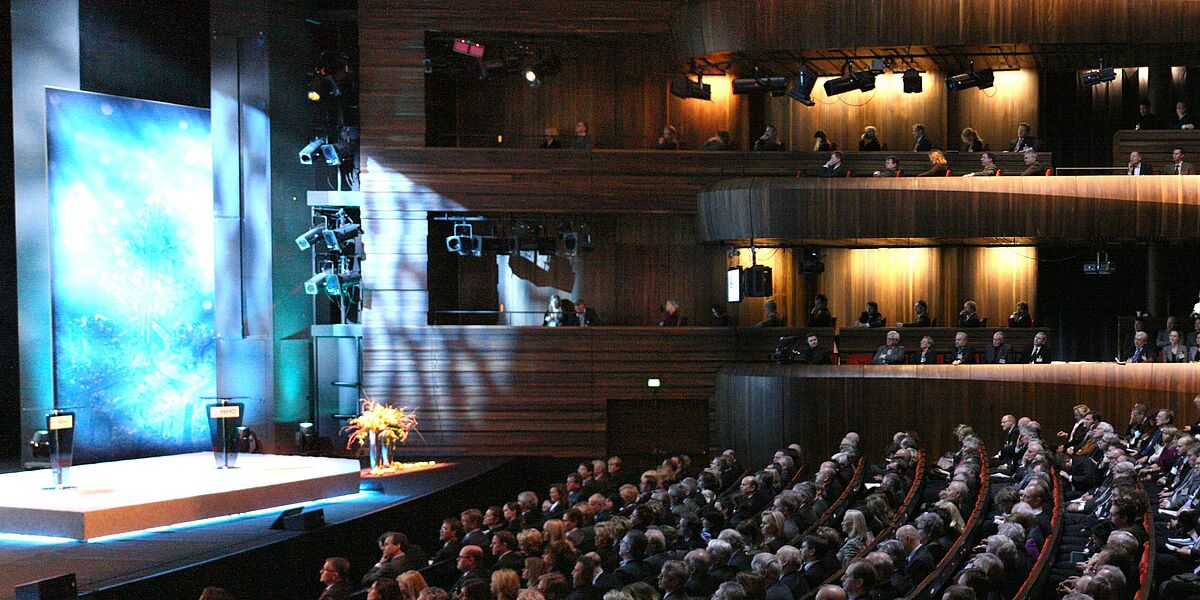Canonisation and Popularisation
Management: Prof. Dr. Gesa zur Nieden, Prof. Dr. Eckhard Schumacher
Project Team: Prof. Dr. Heinrich Assel, Prof. Dr. Kilian Heck, Prof. Dr. Thomas K. Kuhn, Dr. Verena Liu, Prof. Dr. Gerhard Weilandt
The canon, often understood in national, but also European and global terms, usually represents a selection of exemplary works and authors designed for normative and collective reception. Taking into account the need for the fundamentally critical interrogation of the relevance and the efficacy of national as well as universal canons, we aim to investigate processes of re-formation and re-contextualisation of literary, art, music, and religious canons in the Baltic Sea region within the framework of an interdisciplinary exchange.
Thus, the guiding question is whether the concept of cultural heritage is more persistent then that of the canon, which became as to hierarchical and not diverse more and more challenged. Therefore, we examine practices and media which initiate, or change canonization processes with regard to their social reception and challenge their transregional, national, or even global orientation, and intend to raise the question: Do (de)canonization processes in pop-culturally influenced subcultures lead to a destabilization and abandonment of traditional canons or to the formation of new ones? How do traditional canons related to transformations such as tourism, sustainability, and cultural diversity and what entanglement across the formats and cross-media emerge? By means of media-guided and practice-oriented approach we aim to research to what extend the current media change (i.a. digitalization, social media) promotes a transformation of canon beyond national and disciplinary boundaries, and, to what extend global issues (i.a. climate change, migration and mobility) affect local as well as national processes of canon formation.


